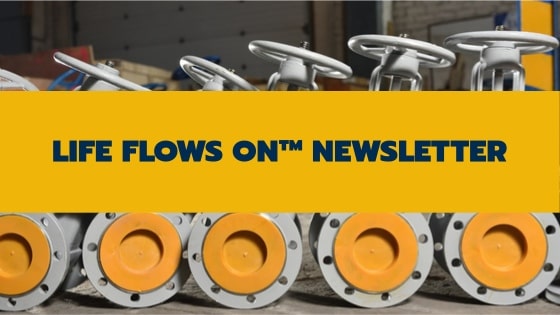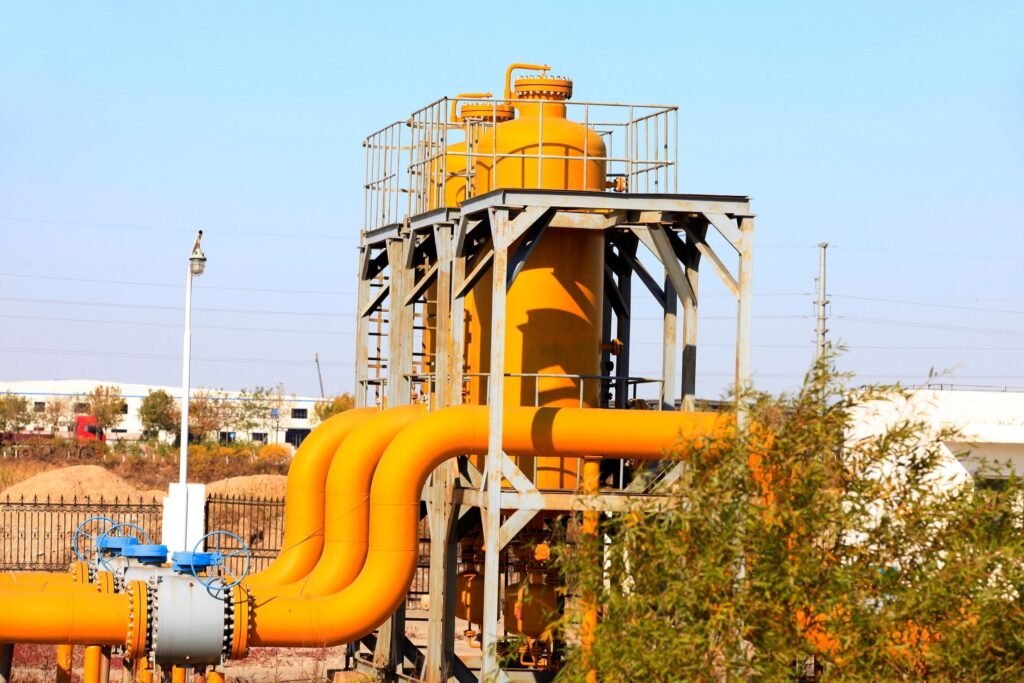
High Quality Metal Seated Ball Valves

Ball valves have uses in a wide range of industries, including oil and gas, power generation, chemicals, food and beverages, water and wastewater, and pharmaceuticals. The global market was worth $8.1 billion in 2020. Analysts expect it to reach $14.7 billion by 2025.
Whether you’re replacing outdated valves or increasing capacity, you’re likely to be part of this market growth in the near future. You have many types of ball valves to choose from. If your application involves more severe operating conditions, you probably need metal seated ball valves.
Find out what makes metal seated ball valves ideal for difficult environments and where to find high-quality valves.
What Makes Metal Seated Ball Valves Different from Other Types of Valves?
A ball valve is a shut-off valve that controls the flow of a liquid or gas. A quarter-turn of the rotary handle opens or closes the valve by turning a rotary ball with a hole bored through the center. Two seats hold the ball tightly in place.
Ball valves have a long service life. They provide consistent sealing even if the valve has been idle for a long time. They are also more resistant to contaminated media than many other types of valves.
Ball Valve Seat Designs
The seating of the ball valve helps ensure that the valve seals tightly. Ball valves have several ways to keep the ball in close contact with the seats. Some of the most common are:
- Fluid pressure forcing a floating ball against the seat
- Fluid pressure forcing a floating seat ring against a trunnion-supported ball
- Installed pre-stress between the seats and a trunnion-supported ball
- Mechanical force applied to the ball and seat when closing the valve
- An O-ring or other type of squeeze ring
A trunnion-supported ball valve has additional support for the ball. The trunnion is the supporting shaft. Trunnion-mounted ball valves are ideal for high-pressure, large-scale applications that need low operating torque.
Each sealing design depends on the seats. Ball valves can be soft seated or metal seated. Each type of seat has particular characteristics and uses.
Soft Seated Valves vs Metal Seated Valves
Soft seated valves are usually made from thermoplastic materials like Teflon (PTFE) or TFM, a modified form of Teflon. Teflon has excellent chemical compatibility with almost all media. Soft seated valves make a very tight seal.
As the name suggests, metal seated valves are made from metal. Typical metals include copper alloy, chrome stainless steel, and nickel-based alloys.
Operating Characteristics of Soft Seated Ball Valves
You can use soft seated ball valves for air, water, and other non-corrosive media. They aren’t suitable for abrasive or dirty fluids. These types of media will damage the seats.
Soft seated ball valves need working conditions lower than 260ºC. They can only handle low- to medium-pressure applications.
When to Use Metal Seated Ball Valves
Metal seated ball valves can withstand high temperatures and severe service conditions. They are very resistant to wear. These are their main advantages over soft seated valves.
High Temperatures
Metal seated valves are suitable for use in temperatures up to 540ºC. The maximum working temperature could be even higher depending on the material of the body and trim.
Allowable Leakage
Metal seated ball valves leak more easily than soft seated valves. However, they can still meet Class VI leakage standards.
ANSI/FCI 70-2 defines valve seat leakage classes. Classes IV and VI are among the most frequently specified. Class IV has a maximum allowable leakage of 0.01% of the valve’s rated capacity with a test fluid of air or water.
Class VI is the tightest leakage standard under FCI 70-2. The test fluid is air or nitrogen. The leakage limit ranges from 0.15 to 11.5 ml per minute, depending on the size of the valve.
Types of Metal and Usage
Metal seated ball valves are suitable for hot water, gas, oil, acid, and alkali. They can handle medium- to high-pressure above 3.5mpa.
Metal seated valves can be made of several different types of metal. The type of metal depends on how you’re going to use the valve.
A copper-alloy is good for low-pressure situations. For medium- and high-pressure valves, chrome stainless steel is a good choice. Nickel-based alloys are very resistant to corrosive media.
Specialized Coatings for Metal Seated Ball Valves
For severe service conditions, specialized coatings are available to increase the wear resistance of metal seated ball valves. A coating reduces friction between the ball and the seat. It also reduces wear and damage from thermal swings, particle impact, erosion, galling, and abrasion.
These coatings include high-velocity oxygen fuel (HVOF) overlays like tungsten carbide and chromium carbide. Plasma-applied ceramic overlays like titanium dioxide and chrome oxide are also a choice.
HVOF Coatings
Tungsten carbide and chromium carbide are popular choices for HVOF coatings.
Tungsten carbide coatings have almost twice the strength of steel. They’re very resistant to high cycle operations and erosion from abrasive media. They reduce wear on the valve and extend service life.
Chromium carbide coatings offer increased resistance to oxide and heat. They are ideal for high temperature or corrosive environments.
Plasma-Applied Ceramic Coatings
Titanium dioxide and chrome oxide are two typical plasma-applied coatings. They both provide a very high level of resistance to corrosion. Titanium dioxide offers additional toughness. Chrome oxide is highly resistant to abrasion.
If a carbide coating isn’t enough, chrome oxide may be the solution.
Finding the Right Metal Seated Ball Valves
If you have a valve application in a high-temperature, abrasive, or corrosive environment, you need metal seated ball valves.
Metal seated ball valves are more expensive than soft seated ones, but their efficiency and long service life help to offset the higher cost. In addition, you avoid the costs of downtime and valve replacement that you would face with soft seated ball valves in these more severe operating conditions.
Anything Flows has a wide variety of ball valves for all of your applications. Contact us today, and we’ll help you find exactly what you’re looking for.
